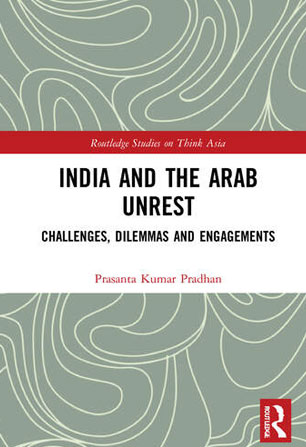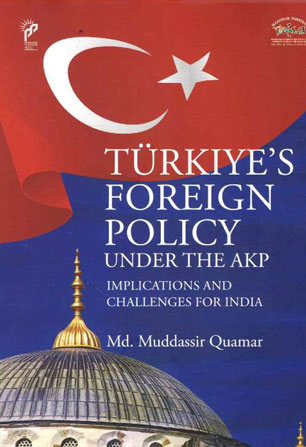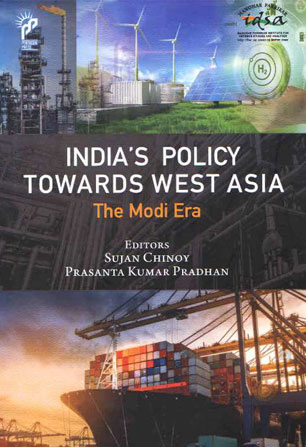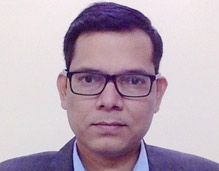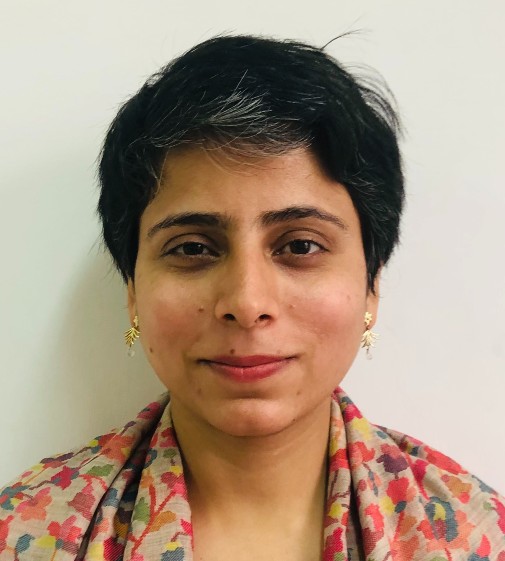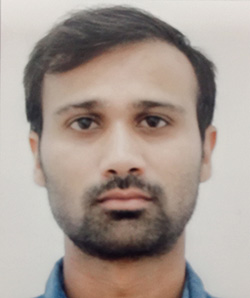Shangahai Cooperation Organization: Challenges to China’s Leadership
The SCO— a linchpin of China's Eurasia policy is viewed ominously by most international watchers. China is nurturing the SCO as an exclusive nucleus to undercut the US strategic outreach. But, Central Asia, the main nucleus, suffers from strategic ambiguity and the states there seek varied goals and play major power off each other. There is also an ostensible mismatch between Russia's liberal and China's expansionist approach. Will the SCO emerge as a distinct pole or will it remain an opportunistic alliance of desperate states?
- P. Stobdan
- July 2008

